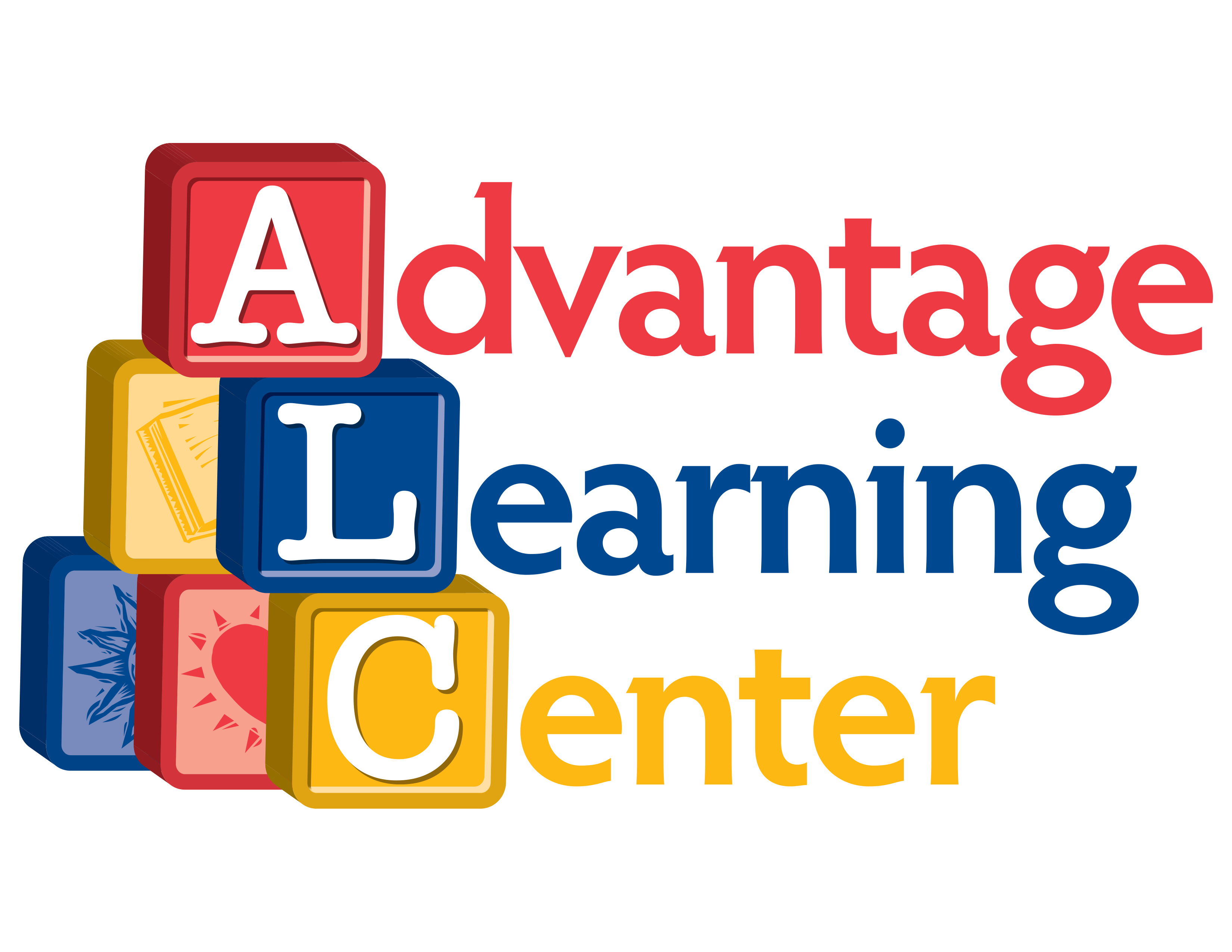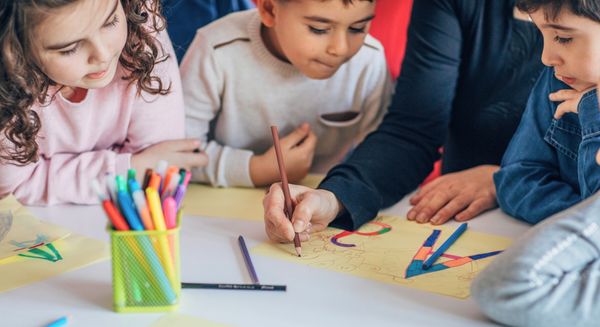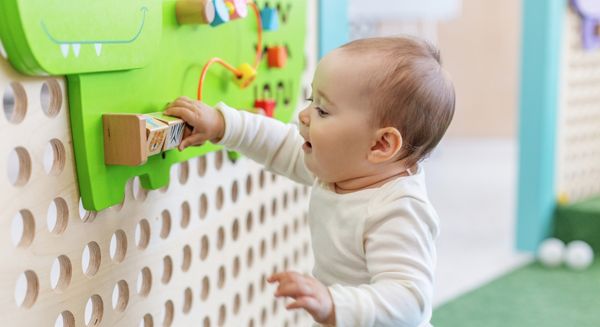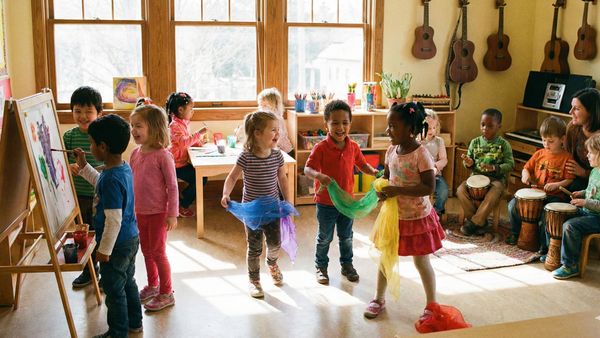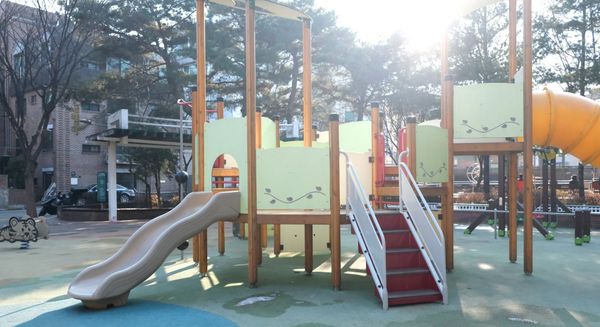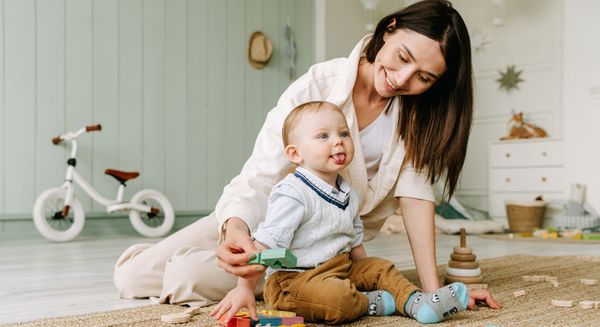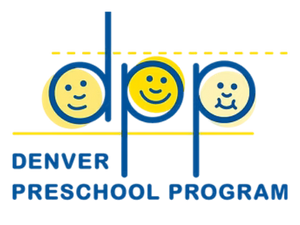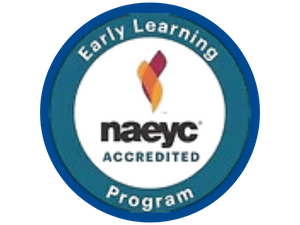Blog
At Advantage Learning Center in Lakewood, CO, we focus on building the social-emotional framework for a lifetime of success in preschool. Our professional educators help children identify and navigate big emotions, empowering students toward healthy self-regulation. We model empathy through daily connections and teach problem-solving strategies to help children feel confident when facing social challenges.
At Advantage Learning Center in Lakewood, we prioritize sensory play as a cornerstone of our infant curriculum to spark vital neurological development. Our professional educators design intentional environments that invite our youngest learners to explore the world through their primary senses, building brain connections through touch and supporting fine and gross motor skills. Every sensory moment is designed to nurture your child’s natural curiosity and growth; contact us today to learn more about our infant program.
Discover how art, music, and movement are integral to our preschool programs at Advantage Learning Center, fostering creative expression and physical vitality in early childhood education. Our holistic approach enhances sensory exploration, fine motor skills, literacy, and cognitive development through engaging activities. We build essential social skills through group activities, making us a premier pre-k environment in Lakewood, CO.
Choosing a childcare center in Lakewood, CO, requires careful consideration; when touring, ask about national accreditation and licensing to ensure safety and quality. Inquire about the educational philosophy, such as a play-based or academic-focused curriculum, and ask about staff longevity and training to ensure consistency. Finally, confirm how the center communicates daily progress to parents, ensuring transparency and a strong home-to-school connection.
Choosing an infant program is a big decision. Look for low staff-to-infant ratios, a clean and stimulating environment, transparent communication, and a focus on developmental milestones. Advantage Learning Center in Lakewood, CO, provides a nurturing environment embodying these standards, so contact us today to schedule a tour.
Finding the right childcare in Lakewood, CO, is a significant decision for parents. Prioritize a development-focused curriculum that fosters social, emotional, and cognitive growth, and evaluate the safety and staff qualifications of any potential "daycare near me". Assess the environment, class ratios, and the strength of community and communication to ensure a nurturing and educational space for your child's early years.
Is your child ready for kindergarten? Advantage Learning Center in Lakewood helps Colorado parents assess kindergarten readiness, focusing on social, emotional, and cognitive development through our early childhood education program. We foster emotional maturity, social literacy through engaging group activities, and independence to ensure a confident transition to kindergarten.
Sending a child to daycare can bring complex emotions for parents, but Advantage Learning Center in Lakewood, CO, supports families through this transition. We recommend establishing a quick, consistent drop-off routine and utilizing our gradual transition process to ease anxiety. Trust our experienced staff to provide attentive care, allowing you to focus on your day, knowing your child is happy and well-cared for in our infant daycare program.
